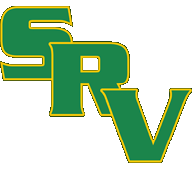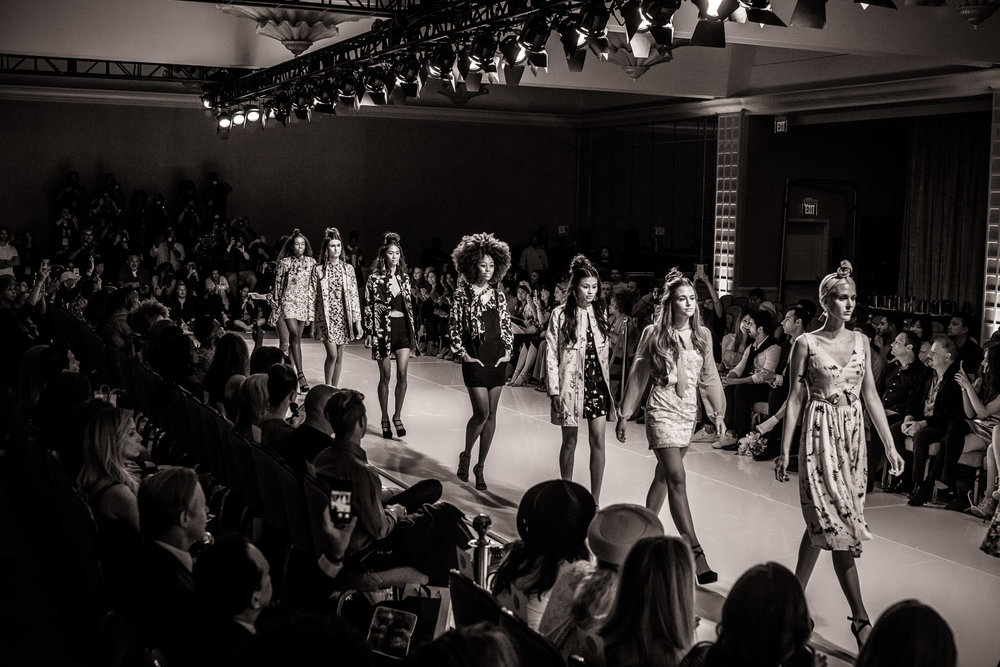Reports of behind-the-scenes friction between Snow White stars Rachel Zegler and Gal Gadot have surfaced, sources suggesting their differing views on Israel and Palestine created an uneasy dynamic during production. Gadot, an Israeli who has voiced support for her country’s military actions, and Zegler, who has expressed sympathy for Palestinian civilians reportedly found it difficult to separate politics from their working relationship. While neither actress has publicly addressed the rumors, the situation mirrors a growing cultural dilemma: “How do we coexist —professionally and personally,— with those whose political beliefs clash with our own?”
A Reflection of Broader Divides
The alleged tension between Zegler and Gadot arrived amid heightened political polarization in the U.S., where conflicts over Gaza, abortion rights, and the 2024 election have deepened societal rifts; friendships, family ties, and workplace dynamics are increasingly strained as political identities become all-encompassing. A 2022 Pew Research study found nearly 60% of Americans believe political disagreements have made it harder to maintain relationships, with younger generations particularly likely to cut ties over ideological differences.
The entertainment industry, often a microcosm of these tensions, has seen a similar divide. Some celebrities have faced public criticism for their support of Israel ,while others have received professional isolation for support of Palestine, and a few have been ostracized for their silence. The Snow White production—a Disney-backed box office failure—existed within this charged climate, where public figures are scrutinized not just for their art, but; but their political opinions and responsibilities.
Can Professionalism Override Politics?
In Hollywood, where collaboration is essential, political disagreements are nothing new. Yet today’s climate makes neutrality nearly impossible; some argue that shared professional goals should supersede personal beliefs, while others contend that silence in the face of injustice is complicity. The question remains whether projects like Snow White can ever succeed when key players hold fundamentally opposing worldviews, especially when those views are tied to a neo-colonial occupation and humanitarian crises.
The broader cultural reckoning extends beyond Hollywood. In workplaces, universities, and even family gatherings, Americans are grappling with how to engage—or disengage—from those with opposing perspectives. Some advocate for dialogue as a path to understanding, while others see certain beliefs as morally irreconcilable.
Upon Snow White’s release, it’s clear the focus has shifted from on-screen fantasy to off-screen drama, but the underlying tensions between Gadot and Zegler, between art and activism, between unity and division, reflect a society still searching for ways to navigate in an era where politics are inescapable.









